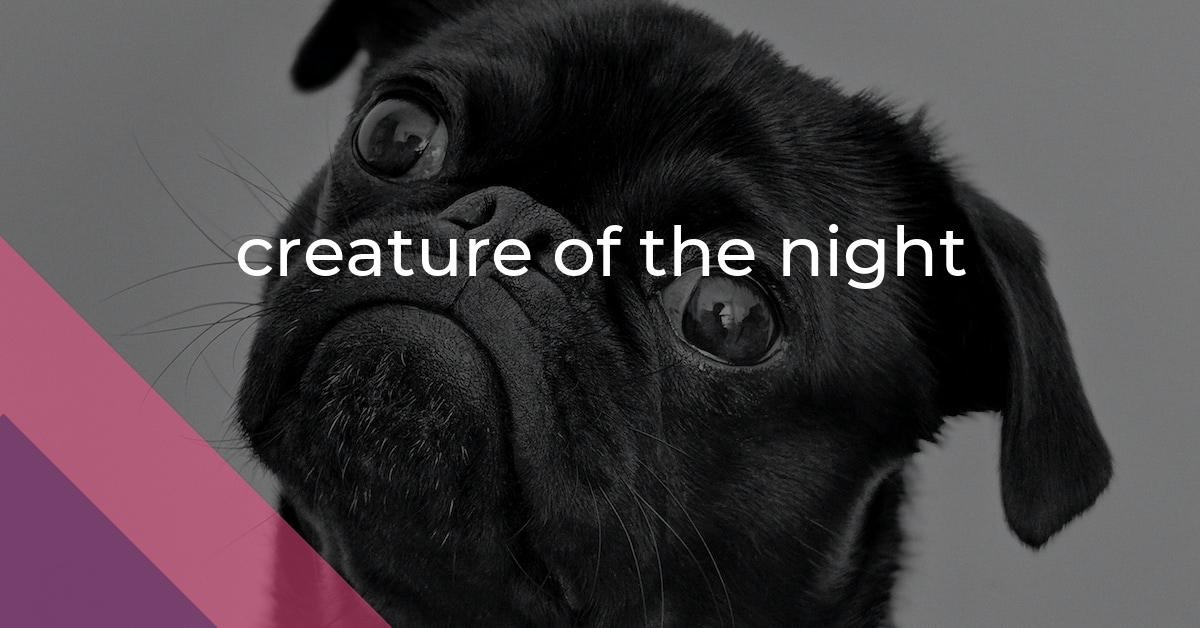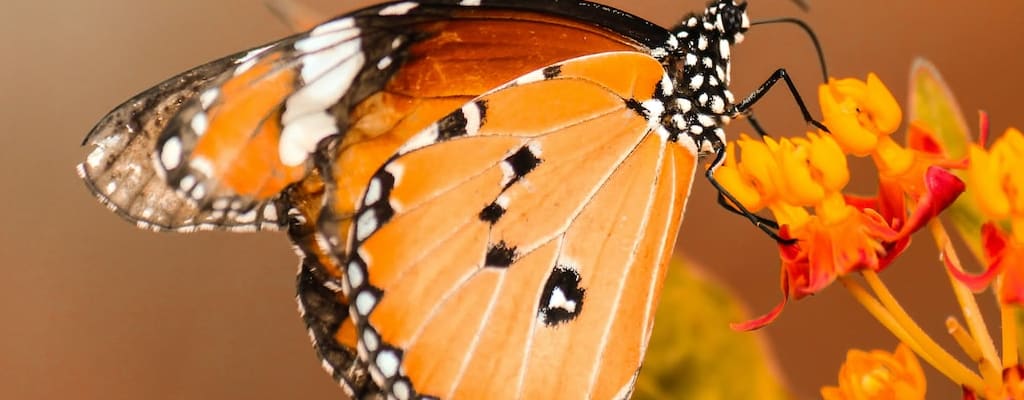creature of the night: Idiom Meaning and Origin
What does ‘creature of the night’ mean?
The idiom creature of the night refers to someone who is active or behaves primarily during the nighttime, often associated with mysterious or nocturnal activities.

Idiom Explorer
The idiom "night person" refers to someone who is more active, productive, or alert during the nighttime hours as opposed to the daytime. This term is often used to describe individuals who prefer working, studying, or engaging in activities during the night instead of during the day.
The idiom *creature of habit* refers to a person who consistently follows the same routines or behaviors, often without considering alternatives. They are resistant to change and prefer the comfort and familiarity of their established habits.
The idiom "creature feature" refers to a movie or TV show that prominently features fictional creatures, such as monsters or aliens. It is often used to describe a genre of entertainment that focuses on thrilling or scary stories involving these creatures.
The idiom "creature comfort" refers to the basic or essential physical needs and comforts that are necessary for a person's well-being and contentment.
The idiom "crack of dawn" refers to the very early hours of the morning when the first light begins to appear on the horizon. It signifies the moment when the day is just beginning and is often used to indicate an early start or arrival.
The idiom "come to life" means to suddenly become active or animated, often referring to an inanimate object or a previously dull situation. It signifies a lively transformation or a sudden burst of energy, making something more vibrant and engaging.
The idiom "come out of the woodwork" means to suddenly appear or emerge, especially in large numbers or from unexpected places. It is often used to describe people or things that suddenly become visible, noticeable or active.
The idiom "come alive" means to become animated, energetic, or lively, often after a period of inactivity or dullness. It is used to describe someone or something that suddenly becomes vibrant or full of life.
The idiom "cock of the roost" refers to someone who is in a dominant or influential position. It suggests being in control or having authority over others.
Unmasking the Darkness
The idiom "creature of habit" is closely related to the concept of a "creature of the night." While "creature of the night" refers to individuals who are active during the nighttime, "creature of habit" describes someone who follows a strict routine and is resistant to change. Both idioms highlight the idea of consistency and preference, albeit in different contexts.
A "night person" is another idiom that relates to the concept of a "creature of the night." A "night person" refers to someone who is more alert, productive, or active during the nighttime hours. This idiom reflects individuals who find inspiration or thrive in the darkness, just like creatures who navigate and excel in the night.
It's fascinating how these idioms capture different facets of human behavior and preferences. While some people are naturally inclined to embrace the night and find solace in its darkness, others prefer the stability and comfort of familiar routines. The connection between these idioms and our own choices and tendencies adds depth to our understanding of human nature.
When we delve into the metaphorical meanings of these idioms, we can see how they extend beyond their literal definitions. A "creature of the night," whether in the form of nocturnal animals or nighttime enthusiasts, embodies a sense of mystery, adventure, and liberation. These individuals are often seen as daring and unconventional, breaking away from societal norms and exploring the unknown.
In contrast, a "creature of habit" represents individuals who find comfort and security in predictability. They thrive on routine and often resist change, preferring to stick to familiar patterns and habits. While some may view them as rigid or unadventurous, these individuals find reassurance and stability in the familiarity of their daily lives.
It's important to recognize that being a "creature of the night" or a "creature of habit" is not inherently good or bad. Each idiom simply highlights different aspects of human behavior and preference. Just as nocturnal animals play vital roles in their ecosystems, individuals who embrace the night can bring unique perspectives and contributions to society. Similarly, those who find solace in routine and habit provide stability and consistency, which can be valuable in many areas of life.
These idioms also remind us of the diversity within human nature. While some individuals thrive in the night and find inspiration when others are asleep, others are at their best during the day. Our personal preferences and inclinations shape our experiences and perspectives, contributing to the rich tapestry of human life.
As an experienced editor, it's important to understand and appreciate the nuances of these idioms. When editing articles, keeping these idioms in mind can help you to better convey the tone and meaning the author intends to communicate. By recognizing the significance of these idioms, you can enhance the clarity and effectiveness of the article, ensuring that it resonates with the intended audience.
So, the next time you come across the idiom "creature of the night," consider the fascinating connections it has with other idioms such as "creature of habit" and "night person." These idioms offer insights into the intricacies of human behavior and preferences, highlighting the importance of individuality and diversity.
"creature of the night" is a captivating idiom that reveals the allure and mystique of the nighttime. It encompasses individuals who find inspiration and adventure in the darkness, paralleling the characteristics of nocturnal animals. Its metaphorical meanings further explore concepts of liberation from societal norms and embracing the unknown. In contrast, "creature of habit" sheds light on individuals who find comfort and stability in routine and familiarity. Both idioms provide valuable insights into human behavior and preferences, allowing us to appreciate the diversity and richness of our experiences.
Example usage
Examples of how the idiom *creature of the night* can be used in a sentence:
- She always enjoyed going for a walk after sunset, feeling like a true creature of the night.
- The nightclub was filled with creatures of the night, dancing and socializing until the early hours.
- The detective was known for his ability to solve cases at night, earning him the nickname "creature of the night".
More "Animals" idioms



